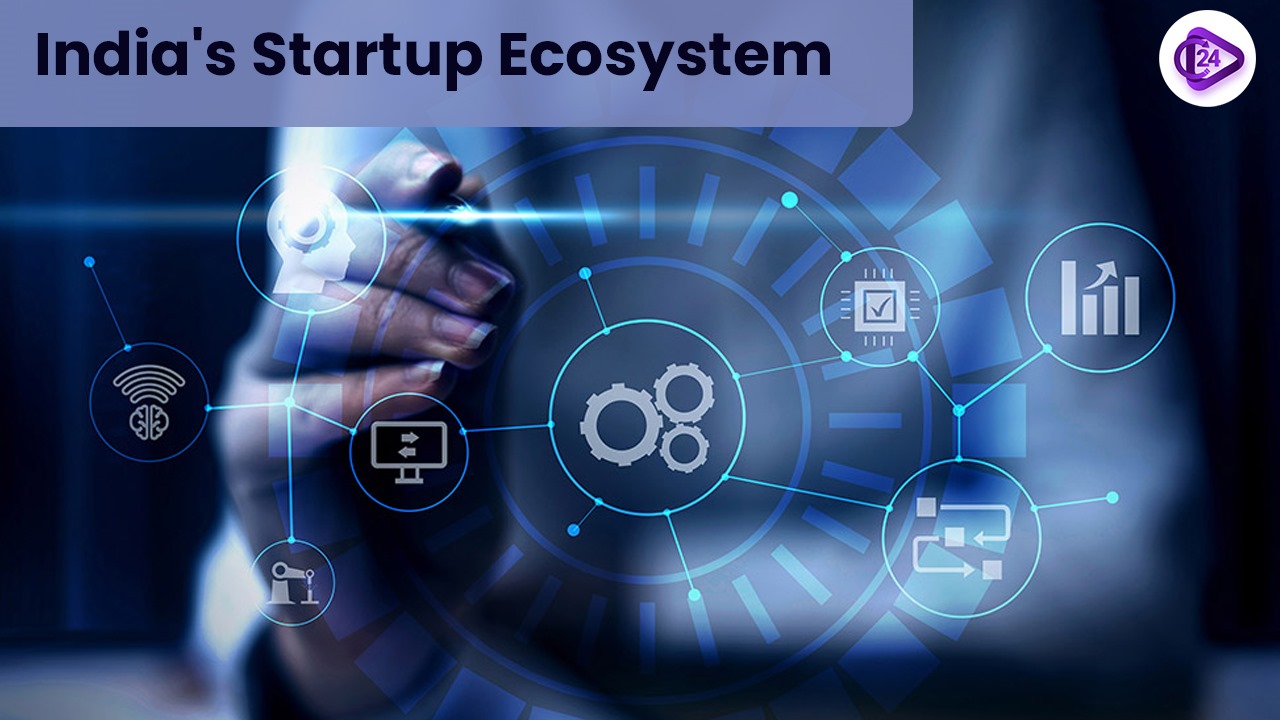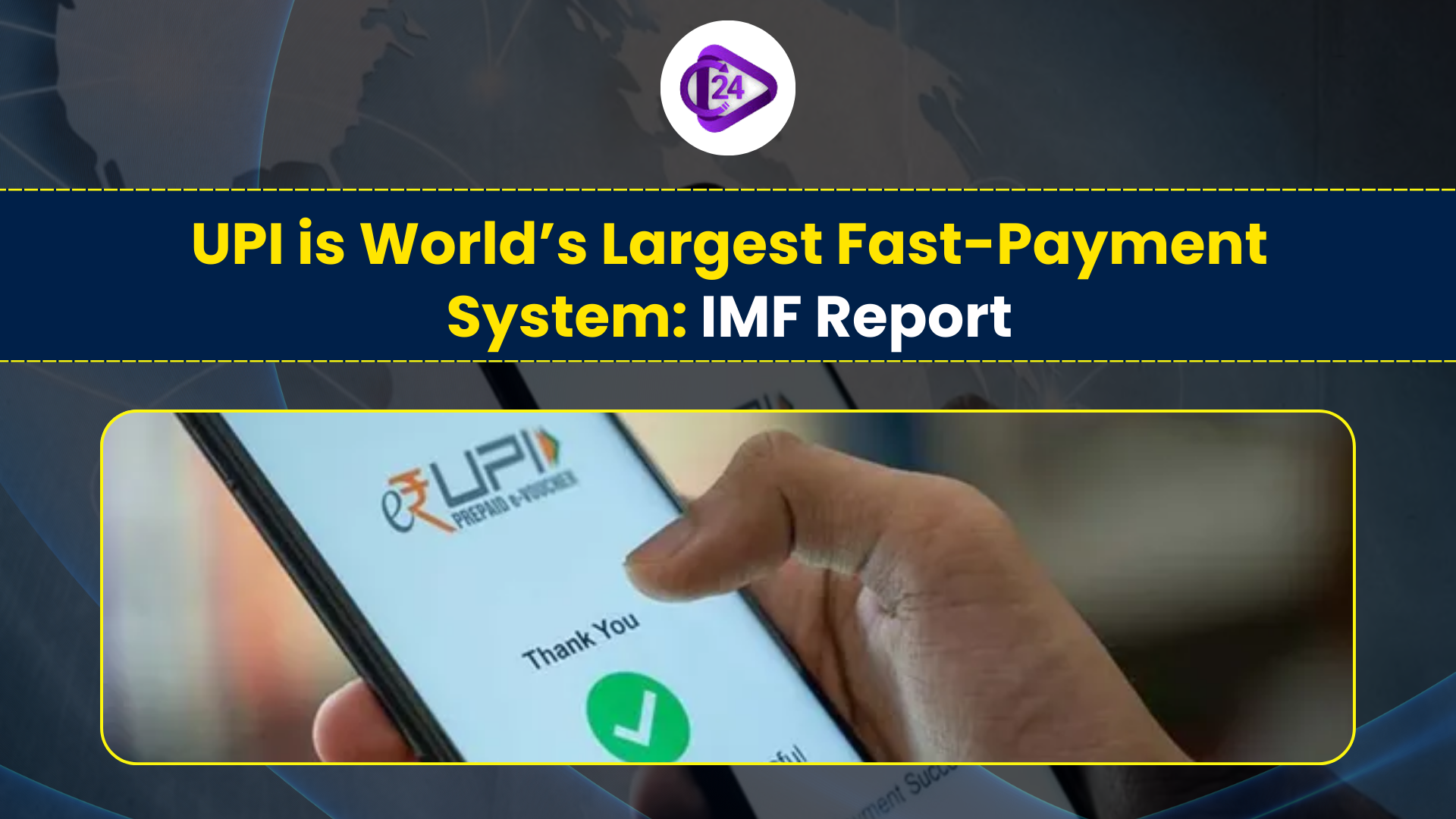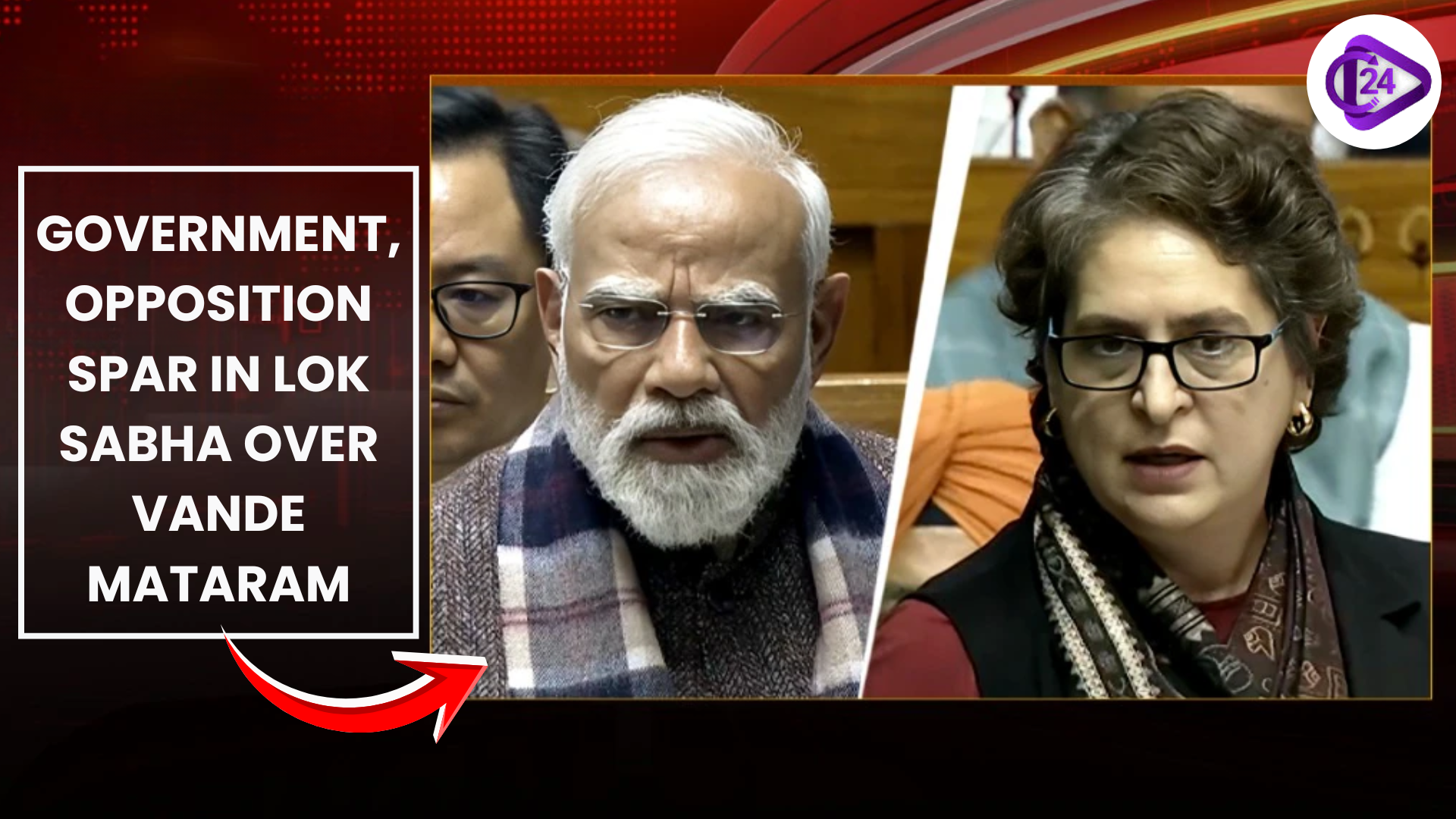
National Startup Day is celebrated every year on the 16th of January to pay tribute to the valuable role of startups in India’s development. It focuses especially on the idea of innovation, the function of the businessmen, and the potential of small businesses in the country’s development. Globally India is the third-largest startup ecosystem. Thus, the importance of this day holds utmost importance now more than ever.
According to recent data, there are more than 99000 startups in India that have combined valuations above $500B. The recent increases in new venture creation in India demonstrate a thriving culture of innovation, technology, and radical solution-seeking and implementation propelling sectors and economic growth.
National Startup Day is a call to reminisce the fact that young businesses in India have also stood the test of time in that they have created many jobs, promoted innovation, and supported the growth of local communities. This celebration will allow highlighting not only the success stories of star startups but also startups that are now appearing in small towns and regions and are gradually pushing the startup movement forward from the bottom up.
Promoting Economic Growth Among organizations through Innovation
Startups by providing more employment, building new markets, and getting investments have become new driving forces in the country's economic environment. The government has also initiated a policy to support start-ups through Startup India apart from the Fund of Funds for Startups (FFS) to support the new generation start-ups.
Celebration of National Startup Day is aimed at reminding about the constant work towards the development of a favorable environment for the creation of such companies providing the conditions for their growth and strengthening India as an entrepreneurial country in the world.
Current Landscape: Growth and Momentum
The startup culture in India has boomed, with DPIIT-recognized startups rising from 500 in 2016 to 159,157 by January 2025. This growth apprises the dynamism and innovation analysis of the entrepreneurial system in the country.
India’s startups have pulled in heaps of venture capital and crossed the $25 billion threshold in 2022 to become investors’ preferred destination. While the funding slowed down in 2023 due to the economic fluctuation in the global market, segments including SaaS (Software as a Service) and climate tech are experiencing healthy investment levels today, which depicts that India’s startup ecosystem still holds a very active and healthy platform.
Start-up India, Digital India, and ‘Make in India’ like policies have fetched in kind or in terms of favorable tax exemptions, faster grants of patents, and many more rules and regulations.The Plan also envisions the establishment of a ₹10,000 crore Fund of Funds for Startups (FFS) and the Bharat Startup Knowledge Access Registry (BHASKAR) in 2023 to ensure that more startups get the funding and partnerships they need.
When it comes down to regional development, close to 50% of India’s startups can now be traced from Tier II and III cities like Indore, Jaipur, and Ahmedabad among others. Tamil Nadu with the $28 billion startup ecosystem experiencing a growth rate of 23% and Kerala with the comparatively small but rapidly growing $1.7 billion ecosystem are the shining examples of the potential of regional centres.
The Challenges Ahead
However, there are still some major challenges to be overcome that would allow India to become the leader of the global startup movement.
-
Funding Crunch: World monetary crises and increases in interest rates have caused Venture Capital Funds to constrict and this has led to shutdowns of operations within start-ups. Sustaining the ecosystem is going to be another challenge because it is vital to guarantee that funding is regularly available.
-
Regulatory Complexities: Nevertheless, the government has made efforts to reduce regulation burdens, startups experience a complex of tax requirements and prohibition. Industry uncertainties have been aggravated by new guidelines on data protection and taxation of ESOP (Employee Stock Option Plan).
-
Scaling Obstacles: The issue of growth has remained rather painful for startups in India since operational problems, insufficient facilities, and the ability to match the market slow down many startups.
-
High Failure Rate: For Indian startups, more than 90% of them shut down within five years, due to wrong product-market fit, wrong planning financially, and inability to implement changing consumer needs.
-
Talent Shortages: India has emerged as a hotbed of fiercely contested talent for areas such as AI, machine learning, and cybersecurity to name a few which makes the startup environment even more challenging given the growing attention global players are giving to talent out of India.
The Path Forward: Policy, Infrastructure and Engagement
To position India as the global startup hub it aspires to be, there must be a framework built for Startups which comprises regulatory change, funding space, physical infrastructure, and talent incubation.
-
Strengthening Policy Frameworks: Bureaucracy in startup registration, funding, and funding of the inventions would be made easy with the passage of new laws and acts. More support from the sector for the next-generation fields such as Artificial Intelligence, Deep Tech, and Green Tech sectors can promote new-age startups.
-
Enhancing Access to Funding: Indian investors must invest in home-grown startups especially because involvement in the early stage is beneficial. There is a potential to encourage cooperation with the state-owned enterprises and place the decentralized funding through angel networks and micro-investors in Tier II and III Cities to extend funding across the country.
-
Building World-Class Infrastructure: Technology parks with incorporated infrastructure and master plans are the only way to generate innovating minds of the nation with proper guidance to be an entrepreneur. Moreover, creating and strengthening physical, especially digital network infrastructure based on the districts, including rural and semi-urban, as well as forming an adequate logistics and supply chain environment will contribute to the startup scaling.
-
Skilled Workforce Development: India needs to focus more on technical and entrepreneurial education to meet new generation courses such as STEM, cybersecurity, Artificial Intelligence, and data analytics. Further, only the integration of meaningful, productive positions for women and other vulnerable populations will make startups as diverse as possible.
-
Fostering Innovation Culture: In a similar vein, increased R&D in universities as well as from industrial parties will help to boost the technology's apace. Removing fear and prejudice of failure or low adequacy cultural values that may be perceived by the community could foster the culture of risk-taking of new ideas among the persons intending to be entrepreneurs.
-
Global Collaboration and Market Expansion: Indian founders today can build fresh, new, and tailored partnerships with accelerators and governments around the globe and also connect with the diaspora networks. The enhancement of exporting and trading procedures makes startups become localized firms, which in turn improves India’s position on the global market.
-
Udyamotsav 2025: This is meant to inform student entrepreneurs to better assist them and boost their chances of success. It will include training, financial assistance, and partnering to ensure the students defend their inventions and their ideas to build up their companies.
-
Promoting Sustainability: The world presently gives Indian startups a chance to bring out their best invention of green technology and innovative ideas. Investing in businesses that complement the idea of renewable energy, and the circular economy need not be mutually exclusive with the quest for and growth of economic development.
Conclusion
India now finds herself at a very favorable crossroads. As the market policies and infrastructure improve and the right investments are made, the country stands to host the best startup environment in the world. To help India’s start-up ecosystem deliver its potential, the country needs to overcome five big challenges: funding, regulation, talent, and diversity.
This association of policymakers, investors, academicians, and entrepreneurs will help in further developing the Indian startup ecosystem into the largest startup nation all over the world developing the economy, and employment and shaping the direction for future technologies and innovations.



 Centre Plans to Rename MGNREGS to ‘Pujya Bapu Gramin Rozgar Yojana’
Centre Plans to Rename MGNREGS to ‘Pujya Bapu Gramin Rozgar Yojana’ Bihar to Establish India’s First Power Museum in Patna
Bihar to Establish India’s First Power Museum in Patna UPI is the World’s Largest Fast-Payment System: IMF Report
UPI is the World’s Largest Fast-Payment System: IMF Report Microsoft Commits $17.5 Billion to Accelerate India’s AI Future
Microsoft Commits $17.5 Billion to Accelerate India’s AI Future Government, Opposition spar in Lok Sabha over Vande Mataram
Government, Opposition spar in Lok Sabha over Vande Mataram Mahad Satyagraha Shaped The Indian Constitution
Mahad Satyagraha Shaped The Indian Constitution IGI Becomes India’s First Water-Positive Airport
IGI Becomes India’s First Water-Positive Airport Tamil Nadu Secures GI Tags for 5 New Products
Tamil Nadu Secures GI Tags for 5 New Products Amit Shah Pays Tribute to Mahatma Jyotiba Phule on his Death Anniversary
Amit Shah Pays Tribute to Mahatma Jyotiba Phule on his Death Anniversary NDA Sweeps Bihar Assembly Election 2025 BJP Leads with Strongest Mandate
NDA Sweeps Bihar Assembly Election 2025 BJP Leads with Strongest Mandate






